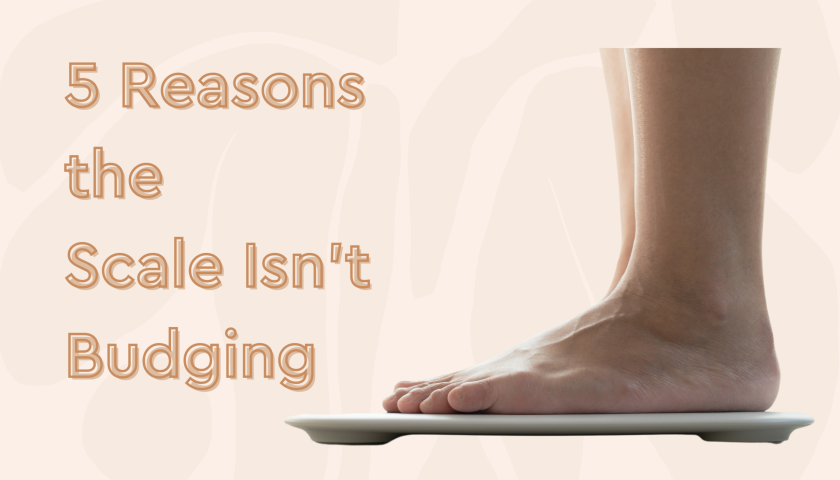The holy month of Ramadan is upon us and this year it is expected to begin on March 22 and end on April 21. Eid al-Fitr will be celebrated either on April 22 or 23 depending on the sighting of the moon. Ramadan, the ninth month in the Islamic calendar, is the time of spiritual reflection and self-improvement, and Muslims all over the world fast from dawn till sunset. The 12-14 hours of fasting during Ramadan is a form of intermittent fasting and is also an opportunity for people to reset their digestive system, boost metabolism and lose weight.
Recent scientific research has proved the benefits of intermittent fasting like weight management and blood sugar management. It is one of the best ways to keep a person on calorie deficit, but people must be cautious about what they are eating when not fasting.
“Ramadan fast is broken with dates, one of the most nutritious dry fruit. So, it is always advised to eat protein-rich and fibre-rich diet which keeps one full for longer period of time to avoid dehydration and gastric issues,” says Shweta Gupta, Unit Head – Dietetics – Fortis Hospital Shalimar Bagh.
“Intermittent Fasting (IF) is practiced in different ways for e g. 5:2 method, 16/8 time restricted diet, alternate day fasting and some other ways. Ramadan fasting too is one type of intermittent fasting, however, during rozas there is complete cessation of water and food for more than 12-14 hours. This leads to depletion of liver glycogen stores,” says Dr Meghana Pasi, Nutrition Consultant at MyThali, Arogya World.
Benifits of Ramadan
Dr Pasi further elaborates on the benefits of IF during Ramadan:
1. Supports weight loss and improves health: A calorie deficit diet along with the eating pattern can help in weight loss along with lowering blood pressure, improve blood sugar and protect brain health.
2. Detoxifies the body: Our digestive system is better able to remove toxins as during fasting hours the system gets enough rest.
3. Damaged cells are removed by a self-cleansing process and the gut feels happy and healthy.
4. Metabolic rate increases and our immune system is strengthened. However, one can only benefit from the Ramadan fast, if during the feast period one eats healthy. Like in any other IF how one focuses on when to eat and does not give importance to what to eat, even during Ramadan not following a healthy diet regime can negatively affect health.
Dr Anurag Saxena, HOD- Internal Medicine, Primus Hospital, New Delhi further elaborates on the health benefits of intermittent fasting during Ramadan.
5. Focus and mental clarity are improved: Due to the shift in eating habits and the stress placed on spiritual practices, some people claim that Ramadan makes them feel more focused and alert.
6. Improved digestive health: It has been demonstrated that fasting enhances digestive health by enabling the digestive system to rest and recover. Fasting benefits are generally contingent on the length and timing of the fast. Allowing three hours between meals allows the migrating motor complex to complete a full cycle in which residual undigested material is swept through the digestive system. As a result, even a few hours of fasting may help digestion.
Dr Pasi suggests healthy fasting tips to follow during the month of Ramdan.
– Do not overload with food while breaking the fast. Your body needs more fluid first. Hence, break your fast with lemon juice or coconut water for hydration. Avoid caffeine.
– Eating a high calorie, sugary and oily meal can lead to indigestion and gastric issues. Try and avoid sweets, mithais, sugary drinks and bakery products.
– Your Iftar meal should contain a source of complex carbohydrates which provides enough energy along with fibre and minerals.
– Fill half your plate with colourful vegetables as they are rich in vitamins, minerals, and fibre and provide nutrients with very little calories.
– Eat good amount of proteins like dals, whole legumes, lean meat, fish, milk products and eggs.
– Prefer a fruit, handful of nuts, or salads as snacks. Fruits and vegetables are rich in vitamins, minerals and fibre. Fiber not just keeps our bowels healthy but also regulates blood glucose levels.
– Few healthy food options: Broccoli-egg fritters, hummus dip with olive oil and homemade pita bread, black beans and avocado on toast, lentil soup, low fat yogurts, fruit smoothies, grilled kebabs, baked snacks in place of fried snacks like samosas and cutlets, dates-oats kheer, cut fruits, sauteed vegetables, millets khichdi, curd rice, sprouts salad.
If you plan your meals in advance and be mindful about the portion sizes, you can definitely benefit from Ramadan’s Intermittent Fasting regime and gain maximum nutritional benefits.






